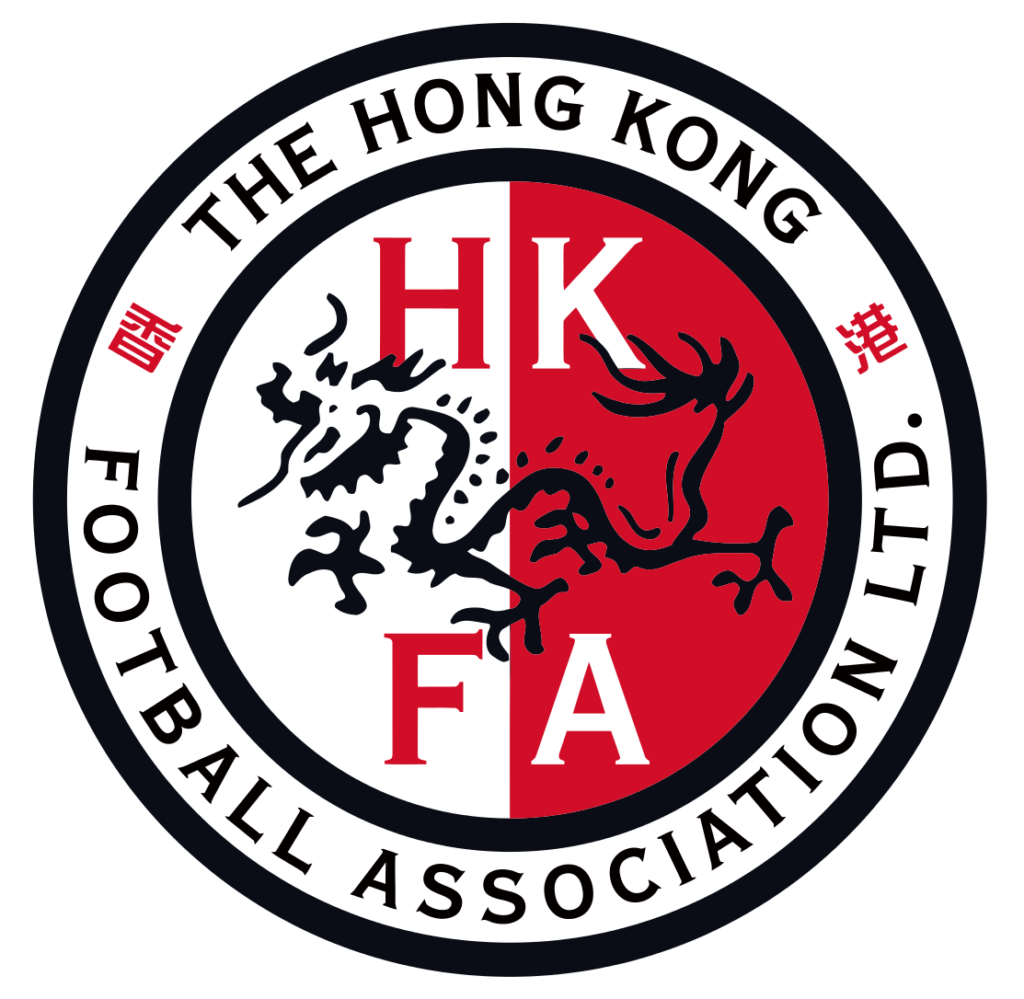Hong Kong Soccer Fans Protest National Anthem
 In an apparent repudiation of a new Chinese law that criminalizes any disrespect of the country’s national anthem, fans of Hong Kong’s men’s soccer team loudly booed the Chinese national anthem before their match against Laos on October 5. Witnesses reported seeing protesters raising their middle fingers in protest.
In an apparent repudiation of a new Chinese law that criminalizes any disrespect of the country’s national anthem, fans of Hong Kong’s men’s soccer team loudly booed the Chinese national anthem before their match against Laos on October 5. Witnesses reported seeing protesters raising their middle fingers in protest.
Vice Chairman Pui Kwan-kay of the Hong Kong Football Association (HKFA) admonished the protestors, describing their protests as “stupid” and “meaningless” but conceded that there was no way for HKFA to stop their actions.
Indeed, this is not the first time Hong Kong soccer fans have booed the national anthem. Following a similar incident in 2015 prior to a match against Qatar, FIFA fined HKFA for failing to control its fans. The Asian Football Confederation is awaiting a report from the match commissioner before determining whether or not to pursue sanctions against HKFA.
This recent protest has taken a different tone given the recent passage of a law in China that prohibits protests against the country’s anthem. Passed last month by the National People’s Congress, China’s legislature, the law requires individuals at events where the anthem is played to “stand straight and remain solemn for the song.” According to the new law, which is intended to “promote patriotism and nurture core socialist values,” failure to do so is punishable by 15 days of imprisonment.
The law is not yet in effect in Hong Kong, as it has not been added to the country’s separate legal code, the Basic Law. However, Chief Secretary for Administration of Hong Kong Matthew Cheung indicated that the law would be added to the Basic Law quickly following discussions about how to apply it to Hong Kong.
Fans have already vowed to continue protests even if they are deemed illegal. One fan, Ricky Wong, claimed that he would not stand as he does not “have a sense of belonging” to mainland China. Another fan, Kenny Tam, questioned the law’s impact on free expression. Hong Kong has historically been more open to protest and anti-government speech than the mainland.
Pro-democracy legislators including Ma Fung-kwok called for a public consultation on any proposed law. The leader of the Civic Party, Alvin Yeung, indicated that the party would consider opposing the law, depending on how the specific wording of the legislation impacts freedom of expression.
However, other legislators assured residents that the law would not undermine free speech protections. Regina Ip stated that the law would “follow the principles” of existing flag-related legislation and was therefore not a threat to free expression.
This law may become the latest flashpoint for conflict between the mainland government and its opponents in Hong Kong’s legislature. The anthem protests originated two years ago as part of the pro-democracy Occupy protests, commonly known as the Umbrella Movement.
A march in support of the movement’s detained leaders took place on October 1. Concerns over the national anthem law were cited as another reason behind the protest, which drew thousands of attendees.
